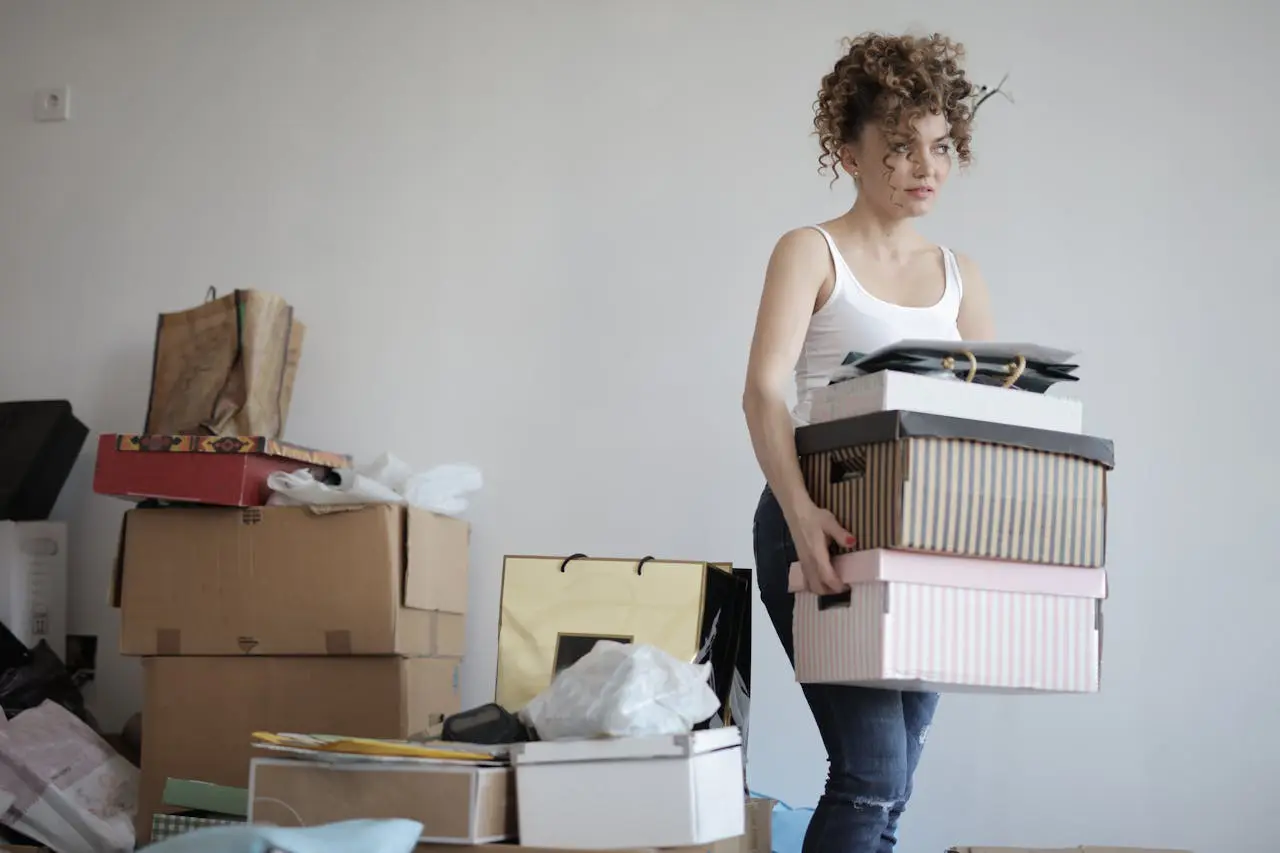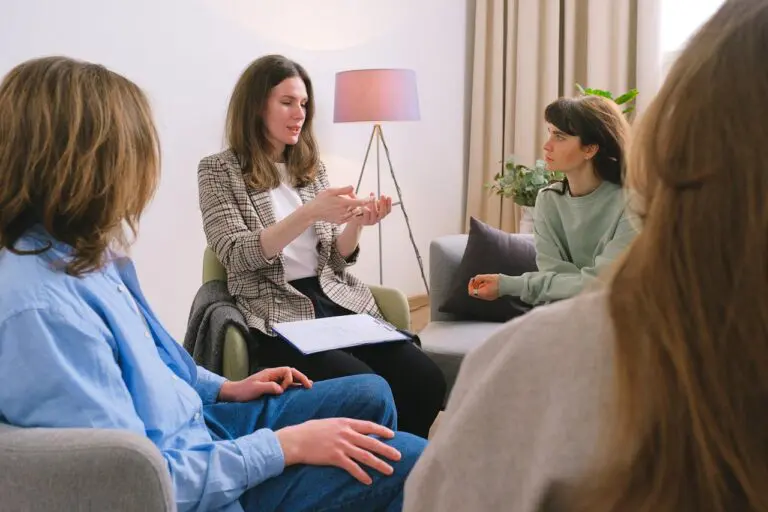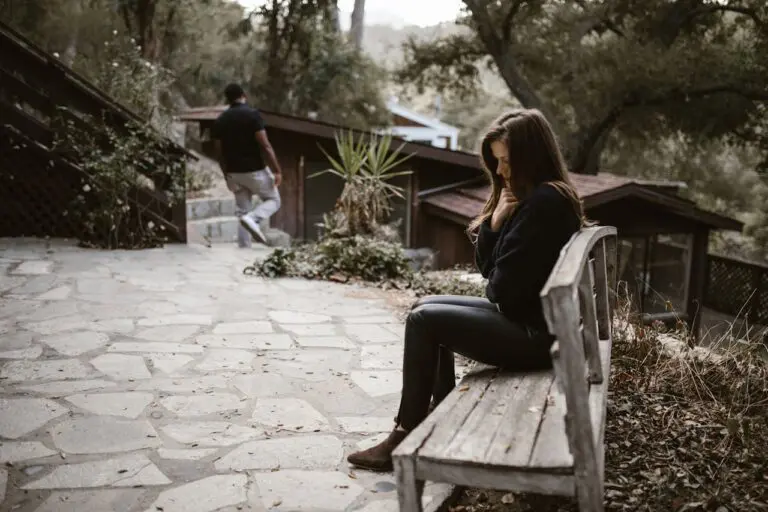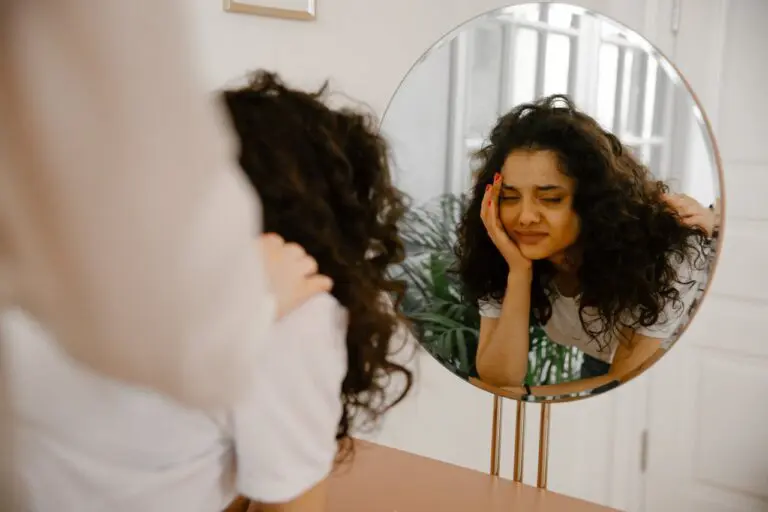Introduction: When Stuff Starts to Feel Heavy
Walk into any over-stuffed apartment, and you can almost feel the air thicken. Sightlines shrink, tabletops vanish beneath papers, and closets groan like overworked hinges. For many New Yorkers, constrained square footage turns even minor accumulation into major disorder. But clutter does more than hog physical space—it colonizes mental real estate. Emerging research shows that a chaotic environment strains the brain’s executive functions, elevates cortisol, and quietly chips away at emotional well-being. As providers of Brooklyn Psychotherapy at Nurture Your Nature Psychotherapy, we routinely see how untamed belongings mirror—and magnify—internal turbulence. This article unpacks the psychology of clutter, its documented impact on mood, anxiety, productivity, relationships, and sleep, and evidence-based strategies to reclaim calm. Whether you work with a Brooklyn Therapist in person or explore Online Therapy Brooklyn sessions, understanding this link is a first step toward lighter living.
1. The Psychology of Clutter: Why Our Brains Crave Order
Evolution favored minds that could rapidly scan surroundings for threats and resources. That scanning system still hums beneath our consciousness, lighting up in messy rooms where every object competes for attention. Visual overstimulation drains focus, making it harder to encode memories and regulate emotions. Studies from Princeton’s Neuroscience Institute reveal that disarray forces the visual cortex to process irrelevant items, leaving fewer neural resources for the task at hand. Order, by contrast, signals safety, freeing the prefrontal cortex to plan, reason, and dream.
At Nurture Your Nature Psychotherapy, clients often describe a paradox: the more stressed they feel, the less energy they have to tidy—yet mess amplifies their stress. Recognizing this feedback loop is crucial. Clutter isn’t merely a housekeeping issue; it is an environmental stressor that hijacks cognition.
2. Cognitive Load: How Clutter Taxes Working Memory
Working memory—the brain’s “sticky note”—holds data we need in the next 10–20 seconds. Each extraneous object costs a sliver of that limited capacity. Over time, the brain learns to tune out persistent mess, but this suppression carries a metabolic price: greater activation of the anterior cingulate cortex, the region that suppresses competing stimuli. The result is mental fatigue—even if you believe you’ve “stopped noticing the mess.”
Clients seeking Brooklyn Therapy for procrastination frequently report that simply clearing a desk or digitizing paperwork yields an immediate boost in clarity. Removing decisions about where to put coffee cups or unopened mail liberates neural bandwidth for bigger ambitions.
3. Stress and Anxiety: Messy Spaces, Messy Minds
UCLA’s Center on Everyday Lives of Families found a direct correlation between high-density household objects and elevated cortisol in mothers. Cortisol, our primary stress hormone, primes the body for threat. Chronic elevation leads to headaches, muscle tension, digestive issues, and a persistently anxious mood. Many of our Online Therapy Brooklyn clients felt palpable relief after implementing minimalist routines—proof that small environmental tweaks can downshift the nervous system.
Anxiety thrives on the unknown. Clutter obscures possessions, deadlines, and obligations, feeding a sense of dread: What bill did I forget? Where is that passport? Each unfiled paper is a silent “open loop” the mind must keep cycling. Decluttering closes loops, and with every closure, anxiety recedes.
4. Depression and Low Mood: The Weight of Possessions
Where anxiety crackles with urgency, depression smothers motivation. Disordered environments can both precipitate and perpetuate depressive episodes. A dimly lit, cramped room filled with laundry sends the subliminal message: You can’t even manage basic life tasks. This self-talk fuels hopelessness. Conversely, depression saps the energy needed to tackle clutter, deepening the mess/mood spiral.
Therapeutic interventions often pair cognitive restructuring with behavioral activation—strategically scheduling small, achievable tidying tasks that produce quick visual wins. The dopamine hit from a cleared nightstand can catalyze broader mood improvements and help sustain momentum in psychotherapy.
5. Clutter, Productivity, and Decision Fatigue
Every extra object introduces micro-decisions: Should I move this? Keep this? Fix this? Psychologists call the accumulating toll decision fatigue. Researchers at the University of Minnesota discovered that participants working in clean spaces were twice as likely to choose nutritious snacks and donate money compared with those in cluttered rooms, suggesting self-control is context-sensitive. For entrepreneurs and students seeking peak productivity, decluttering isn’t cosmetic—it’s cognitive ergonomics.
6. Clutter and Sleep Quality: Restless Nights Amid Chaos
Bedrooms should cue serenity, yet many double as offices, gyms, or storage units. A study in Sleep journal linked bedroom messiness with delayed sleep onset and fragmented REM cycles. The brain struggles to downshift when piles of unfinished business sit within view. Simple acts—folding clothes, clearing nightstands, dimming harsh light—tell the limbic system it is safe to disengage. Our Brooklyn Therapist team often pairs sleep-hygiene coaching with cognitive-behavioral therapy for insomnia, and decluttering is an early homework assignment.
7. The Social Dimension: Clutter and Relationships
Clutter rarely affects only its owner. Roommates argue over dishes; partners resent shared disorganization. Research in the Journal of Environmental Psychology found that couples living in high-clutter homes reported lower relationship satisfaction and more frequent fights. The fight is seldom about the socks—it’s about perceived respect, workload distribution, and identity.
In couples counseling at Nurture Your Nature Psychotherapy, we reframe clutter conversations around values: one partner may equate collections with creativity, the other with chaos. Mutual understanding paves the way for collaborative systems rather than punitive policing.
8. Childhood Development: Growing Up in Disorder
Children raised in highly chaotic homes exhibit slower language acquisition and diminished attention spans, according to longitudinal data from the National Institute of Child Health and Human Development. Sensory overload competes with parental cues, hampering secure attachment. Importantly, children model parental behavior; a parent who routinely organizes toys teaches executive functioning by example. Families seeking Brooklyn Therapy for behavioral issues often benefit from creating predictable, clutter-lite home routines to shore up emotional stability.
9. Trauma and Clutter: When Objects Become Armor
For some, clutter is less about negligence and more about safety. Survivors of trauma may accumulate possessions to guard against imagined future scarcity or to buffer painful emotions with tangible items. Hoarding disorder sits on this spectrum, marked by distress at discarding even worthless things. Treatment integrates exposure techniques, trauma-informed cognitive therapy, and gradual skills training. Professional help from a culturally attuned Brooklyn Therapist can differentiate between sentimental saving and pathological hoarding, aligning decluttering pace with nervous-system tolerance.
10. Digital Clutter: The Invisible Mess
A smartphone crammed with 12,000 photos, eight email accounts, and relentless push alerts is every bit as draining as a chaotic closet. The average American toggles between screens nearly 600 times a day. Each ping fractures attention, stacking emotional residue. Digital decluttering—unsubscribing from newsletters, archiving old files, disabling non-essential notifications—extends the mental spaciousness created by physical tidying. Many Online Therapy Brooklyn sessions incorporate screen-time journals to expose unconscious digital hoarding.
11. Breaking the Cycle: Evidence-Based Decluttering Strategies
-
The 5-Minute Starter Task – Set a timer and tackle a single drawer. Momentum outshines magnitude.
-
One-Touch Rule – Handle each item once: decide, act, finish. Reduces pile migration.
-
Zone Defense – Divide rooms into zones with specific purposes; everything must live in its assigned zone.
-
Capsule Collections – Apply the minimalist wardrobe concept to books, hobby gear, even kitchen gadgets. Limit each category to a curated “capsule” you truly use.
-
Emotional Tagging – When sentimental attachment blocks discarding, photograph the item, then donate it. Studies show the memory survives without the object.
-
Accountability Partner – Share before/after photos with a friend or therapist to reinforce progress.
-
Maintenance Rituals – Anchor five-minute resets to daily cues: clear counters after breakfast, sort mail before dinner. Habit loops automate order.
12. The Role of Therapy: How Nurture Your Nature Psychotherapy Can Help
Decluttering often unearths buried stories: grief embedded in a box of baby clothes, fear fossilized in stacks of unopened bills. Our integrative clinicians at Nurture Your Nature Psychotherapy weave cognitive-behavioral techniques with mindfulness and narrative therapy to help clients rewrite those stories. In-person Brooklyn Psychotherapy sessions offer hands-on coaching, while Online Therapy Brooklyn provides remote accountability for clients who prefer digital check-ins. Together, we transform decluttering from a chore into an act of self-compassion—proof that you deserve breathable space.
Conclusion: Reclaiming Mental Space in a Cluttered World
Clutter is the dust jacket on deeper narratives of safety, identity, and emotion. By understanding its psychological toll and adopting structured interventions, you can reclaim both square footage and peace of mind. If you feel stuck, a compassionate Brooklyn Therapist can guide you through the practical steps and the hidden feelings beneath each possession. Remember: every item you release is a vote for the life you want to live, and Nurture Your Nature Psychotherapy is here to support that transformation—one clear surface at a time.
Ready to take the first step? Reach out today and Schedule your Appointment Online Now or Call Us at (646) 470-4174 to get started Today!














